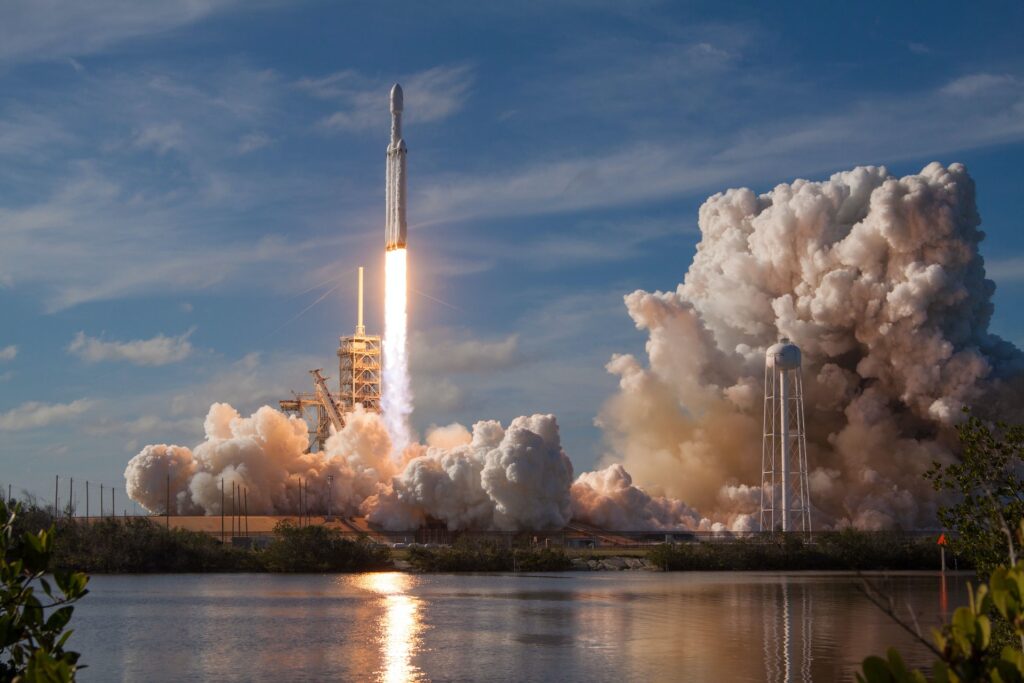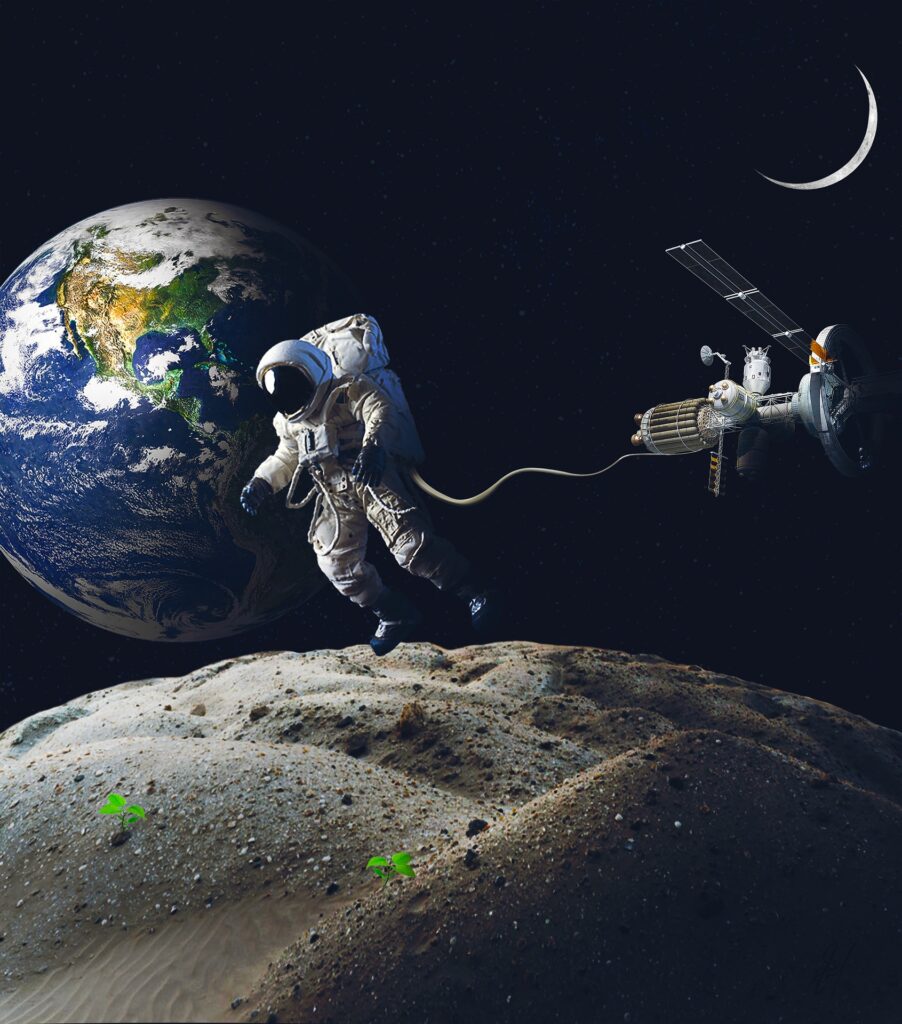The exploration of space has always been a fascinating topic for scientists and enthusiasts alike. Since the launch of the first artificial satellite Sputnik in 1957, space exploration has come a long way, with numerous groundbreaking discoveries and achievements. In recent years, there has been significant developments in space exploration, including the privatization of space travel and the potential for space tourism.

The privatisation of space travel has been one of the greatest recent events in space exploration. With their aspirational plans to send humans to space, private companies such as SpaceX, Blue Origin, and Virgin Galactic are paving the way in this field. Elon Musk’s SpaceX has gained attention with its reusable Falcon 9 rocket, which has dramatically lowered the expense of launching payloads into space.
SpaceX made history in 2020 when it launched the first manned mission to the International Space Station (ISS) aboard a privately built spacecraft.
Also read : Rare Animal Species: Look At The Last Of Their Kinds
Blue Origin, founded by Amazon CEO Jeff Bezos, is also making strides in the field of space tourism. The company has developed a reusable suborbital rocket, the New Shepard, which is designed to take tourists on brief trips to space. In January 2021, Blue Origin successfully completed its 14th test flight of the New Shepard, demonstrating its capabilities and safety.
Virgin Galactic, founded by entrepreneur Richard Branson, is another private company that is developing a spacecraft for space tourism. The company’s spacecraft, the VSS Unity, is designed to carry up to six passengers on a suborbital journey to space. In May 2021, Virgin Galactic successfully completed a test flight of the VSS Unity, bringing the company one step closer to launching its first commercial space tourism flights.
Space tourism has also benefited from the privatisation of space travel. Space tourism is becoming a reality, thanks to companies like Blue Origin and Virgin Galactic, and people are lining up to be a part of it. The cost of a space ticket remains high, but it is expected to fall in the coming years as technology advances and competition increases.

Another significant development in space exploration is the growing interest in space mining. With the depletion of resources on Earth, space mining has become a viable option for obtaining valuable resources such as platinum, gold, and water. Private companies like Planetary Resources and Deep Space Industries are exploring this possibility, with plans to mine asteroids and bring back the resources to Earth.
In addition to space tourism and space mining, there are several other exciting developments in space exploration. NASA’s Mars 2020 mission, which launched in July 2020, successfully landed the Perseverance rover on Mars in February 2021.
The rover is designed to search for signs of ancient life on Mars and collect samples for future return to Earth. NASA is also planning a crewed mission to Mars in the 2030s, which will be a significant milestone in human space exploration.
In conclusion, space exploration has come a long way since the launch of Sputnik in 1957. With the privatization of space travel, space tourism is becoming a reality, and companies like SpaceX, Blue Origin, and Virgin Galactic are leading the way. Space mining is also becoming a viable option for obtaining valuable resources, and NASA’s Mars 2020 mission is exploring the Red Planet for signs of ancient life. The future of space exploration is exciting and full of possibilities, and we can expect to see many more groundbreaking developments in the coming years.
